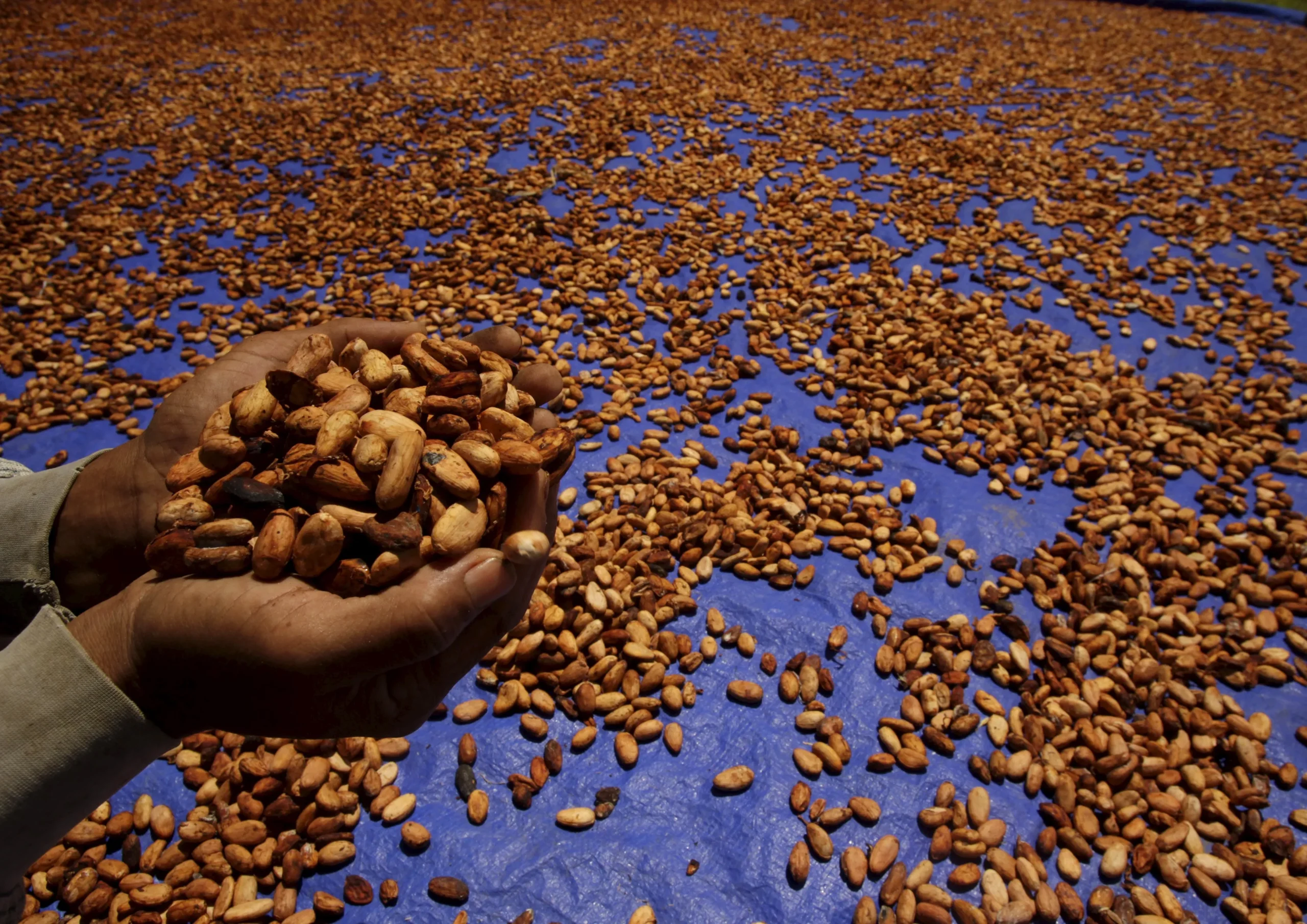
Cameroon is poised to witness a dramatic leap in the value of its cocoa exports in 2024, as revealed by the latest Cameroon Economic Report published on July 18.
The country’s non-oil exports surged by 33.1%, reaching 1,827.8 billion CFA francs, driven predominantly by a remarkable rise in cocoa product revenues despite policies encouraging local processing.
Raw cocoa beans remain the cornerstone of this growth, with export value nearly doubling from 359 billion CFA francs in 2023 to an impressive 683 billion CFA francs in 2024—marking a 90% increase.
This surge, however, is not due to an increase in export volumes, which actually declined by 1%, but rather reflects a historic rise in global cocoa prices fueled by strong demand and ongoing supply pressures worldwide.
“This performance proves that cocoa remains a real export resource for Cameroon, even in times of volume restrictions,” noted a Ministry of Commerce expert.
The report highlights a strategic shift: exporting less by volume but generating higher value. Cocoa paste exports exemplify this trend, more than doubling in value to 210 billion CFA francs from 97 billion the previous year, buoyed by a 24.5% growth in volume.
Similarly, cocoa butter exports rose by 78.6%, reaching 99 billion CFA francs in 2024, supported by a modest 4.2% increase in volume.
These figures attest to the effectiveness of government incentives promoting primary processing within Cameroon, ensuring that greater added value is retained domestically.
This success stands in contrast to declines seen in other export sectors, such as raw wood (-26.4%) and aluminum (-41.6%), which have been affected by export duties and policies favoring local processing.
Coffee exports also saw a 38.7% rise in value, though volumes fell by 16.4%, reflecting sectoral restructuring.
Cameroon’s focus on local cocoa processing marks a decisive move toward economic sovereignty while preserving its competitive edge internationally.
Revenues from cocoa and its derivatives are expected to account for nearly 55% of non-oil exports in 2024, solidifying the sector as a vital pillar of the country’s economic recovery.
With continued investment in secondary and tertiary processing, Cameroon aims to transform these earnings into a powerful engine for broader industrial development.



